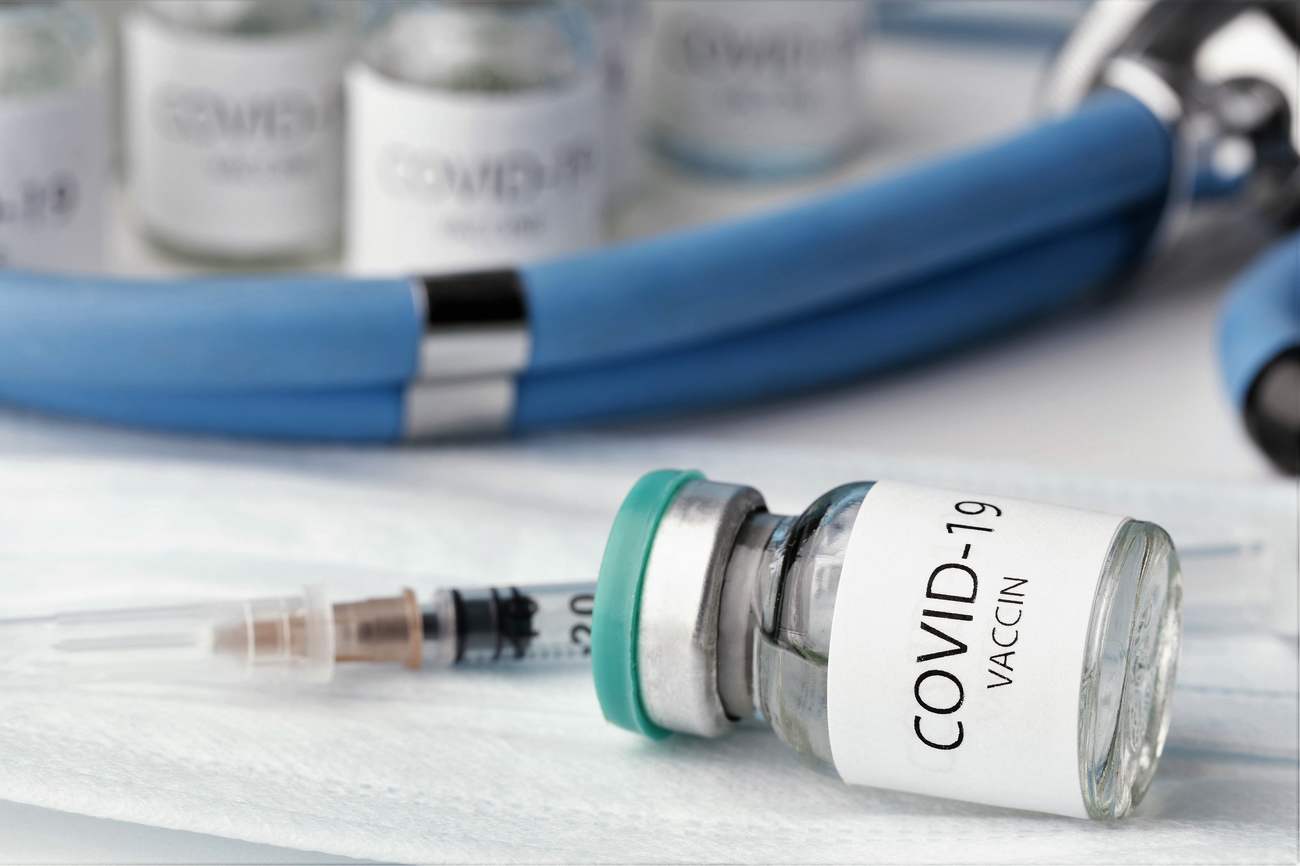Research is intensifying on the deleterious effects of vaccines. A new international study confirms the work of Jean-Marc Sabatier published here several months ago.
As soon as Covid-19 emerged in December 2019, pharmaceutical companies around the world began searching for vaccines to curb the health crisis. The first registered vaccine was from Pfizer/BioNTech, called BNT162b2. Based on messenger RNA, it is up to 95% effective in preventing infection by SARS-CoV-2, the cause of Covid-19 disease.
The vaccine is based on a nucleoside-modified mRNA formulated with lipid nanoparticles that encodes the S (spike) protein of the SARS-CoV-2 strain isolated early in the pandemic in Wuhan, China.
Unanswered questions
The spike protein is the primary molecular structure used by the virus to infect host cells, and its receptor-binding domain (RBD) is a primary target of neutralizing antibodies after natural infection or vaccination.
While the BNT162b2 vaccine provides broad humoral (antibody) and cellular responses that protect against COVID-19, many questions remain, including the emergence of new variants.
What about long-term effects?
In a study submitted for publication in a specialized journal (pre-published on the scientific website Medrxiv), Dutch and German researchers explain that this vaccine induces a complex reprogramming of the innate immune response that should be taken into account in the development and use of mRNA-based vaccines.
One area that remains unexplored is whether the BNT162b2 vaccine has long-term effects on the innate immune response. Indeed, “this could be highly relevant in COVID-19, where dysregulated inflammation plays an important role in the pathogenesis and severity of the disease,” the researchers write. “Multiple studies have shown that the innate immune response can be altered/impaired after taking certain vaccines or following microbial infections. Thus, impaired innate immunity (and associated immune tolerance) could lead to the development of autoimmune diseases.”
Interference with other vaccines?
The researchers showed that one dose of BNT162b2 vaccine induced high levels of anti-spike and anti-spike RBD antibodies, while a second dose (three weeks later) induced even higher antibody levels.
The researchers’ results demonstrate that BNT162b2 “induces reprogramming of the innate immune response, which should be taken into account. ”
The researchers say that in combination with a strong adaptive immune response, reprogramming of the innate response could either contribute to a more balanced inflammatory response to SARS-CoV-2 infection or weaken the innate immune response. The effect of vaccination with BNT162b2 on the injected host’s innate immune response could also interfere with immune responses in other vaccinations, the team adds.
Vitamin D before and after

According to Jean-Marc Sabatier, the vaccine spike protein can induce per se (alone, in the absence of SARS-CoV-2) an over-activation (= dysfunction) of the renin-angiotensin system (RAS), as does SARS-CoV-2. As the RAS controls innate immunity, its dysfunction can potentially lead to the development of autoimmune diseases. Individuals should therefore supplement with vitamin D, both before and after vaccination against SARS-CoV-2, because vitamin D acts as a negative regulator of the RAS. Thus, vitamin D (Cholecalciferol) counteracts the over-activation of the RAS, and a possible vaccine-induced dysregulation of innate immunity. In parallel, vitamin D supplementation leads to effective vaccination because it allows optimal functioning of the immune system (innate and adaptive immunity).

